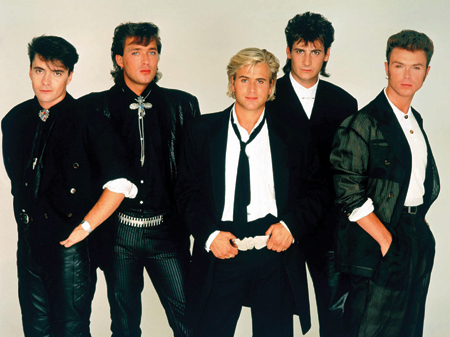On the topic of analysis. David Didau has been discussing the processes for teaching analysis skills. If your students have not been PEE, PEED, to within an inch of their literacy lives, maybe they have been TEPE’d to death? Maybe it is worth considering led on the idea of zooming in and out.
 By the time Y10 (projected E-C) reached me last January, every ounce of emotion had been squeezed out of their writing by the requirement to write to a structure. I am not discounting the importance of structure, it is just that their overly formulaic, almost zombified written responses lacked… well, emotion. These crude, though clearly formed paragraphs, were often three or four loosely connected sentences masquerading as a grade C paragraph, demonstrating layers of understanding rather than any analysis or revealing any personal interpretation. Volvo (Crazy People 1990). So we presented the well-worn skills ladder and went forth, zoom in and out lens in hand.
By the time Y10 (projected E-C) reached me last January, every ounce of emotion had been squeezed out of their writing by the requirement to write to a structure. I am not discounting the importance of structure, it is just that their overly formulaic, almost zombified written responses lacked… well, emotion. These crude, though clearly formed paragraphs, were often three or four loosely connected sentences masquerading as a grade C paragraph, demonstrating layers of understanding rather than any analysis or revealing any personal interpretation. Volvo (Crazy People 1990). So we presented the well-worn skills ladder and went forth, zoom in and out lens in hand.
The forest view, or big picture phase, was pretty secure, well understood. The students were able to focus in on the context, the writers intentions and to some extent, motivations. The zoom in, manageable, though the students told me that they felt that they needed a task or action to complete, something more concrete to work to. The zoom out phase, back to the big picture, worked for them. It tied off their paragraphs nearly and promoted great coherence to their thinking. So, it was the “zoom in” phase that needed ‘unpacking.’
Somewhere in those episodes of learning, I was either advised, or read about, zooming in on just one, just one solitary distinctive word. An “extreme close up,” or “focus[ing] on tiny details” before stepping backing to the “wide shot.” And now the students had their proscribed task. Find that word. It became know as our “Spandau Ballet” technique, our literacy gold…
“Gold, gold always believe in your soul… you’ve got the power to know… you’re indestructible.”
And yes, we played those four seconds it every time a student contributed their literacy gold when feeding–back in class. In fact, after the fourth or fifth time, the students sung it whole heartedly. And if it was a particularly good analysis, after the feedback, the class would break out into “You can leave standing so tall…… ‘all… ‘all.” And on the odd occasion. when only one or two students broke out, it was more than a little humorous (in fact I felt like chanting from the terrace, “You are singing on your own… you are singing on you’re own.”) Rather surprisingly, the students had a ball. Slightly embarrassingly, so did I.
So big picture, zoom in, literacy gold, zoom out, became the norm. Literacy gold, our hook, our humour and our learning schema and scaffold. Zooming in and out, became the done thing however paragraphing was still an under developed skill for the lowest achieving students. Buoyed by the success of Tony Handley’s men, we reused the music technique and played some 80s techno, adding the prompt “big fish, little fish, cardboard box.”
So big picture, find a key sentence (big fish), quote and analyse, in much the same PEE way the students were accustomed to, before going for literacy gold, (little fish) the key word. Zoom out and conclude with a knock-out punch / comment to close the paragraph, (producing a metaphorical cardboard box or paragraph). Not as slick or entertaining as the literacy gold, the structure supported some students, as I said, I am not against structure. Mainly, it supported students with under developed paragraphing or were too lazy simply forgot write in paragraphs. As I would walk by I would either hum or mime “big fish, little fish, cardboard box,” and that would be enough for them to roll their eyes at me and demark the paragraph.
My only concern with dressing up learning in this way, is that I felt it under-valued the real learning that was unfolding; the development of decoding and analysis skills. Second, I felt the students were left short-changed, as we rarely enthused them about poetry or developed the vocabulary skills they required to express themselves eloquently with greater sophistication more like a B or A grade student. Rome.
[qr_code_display]


